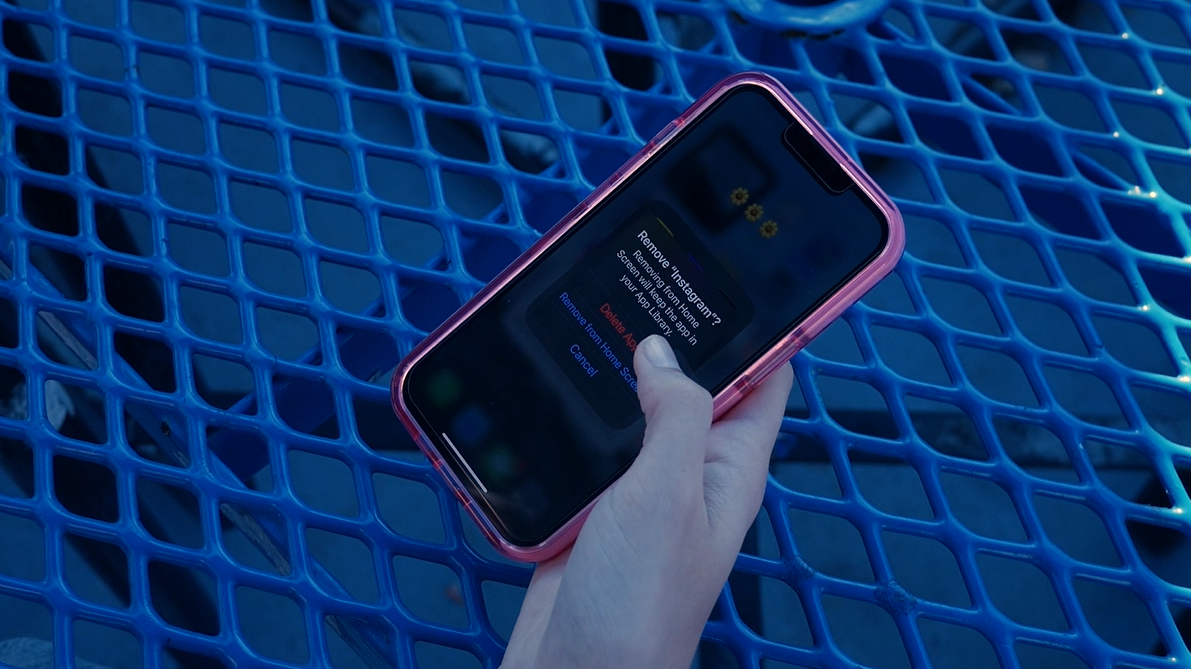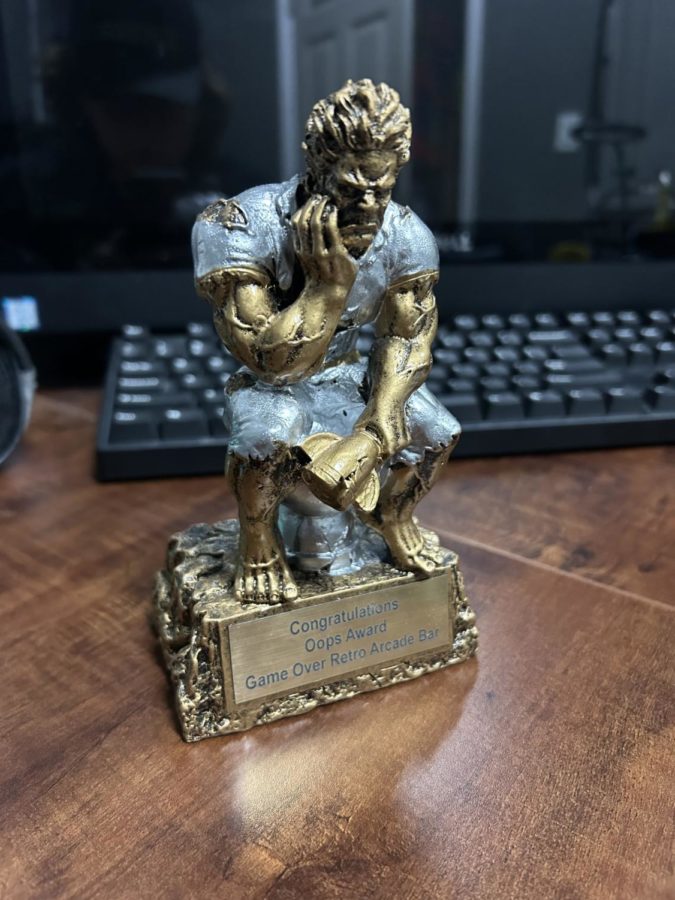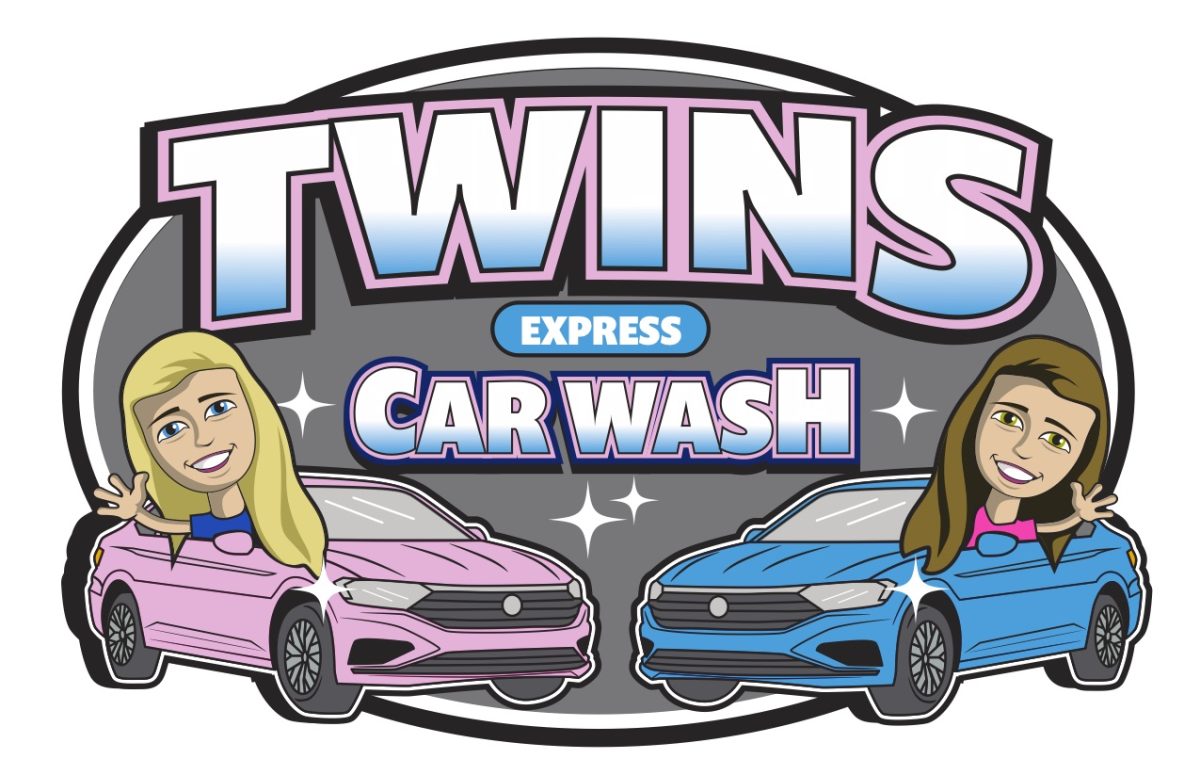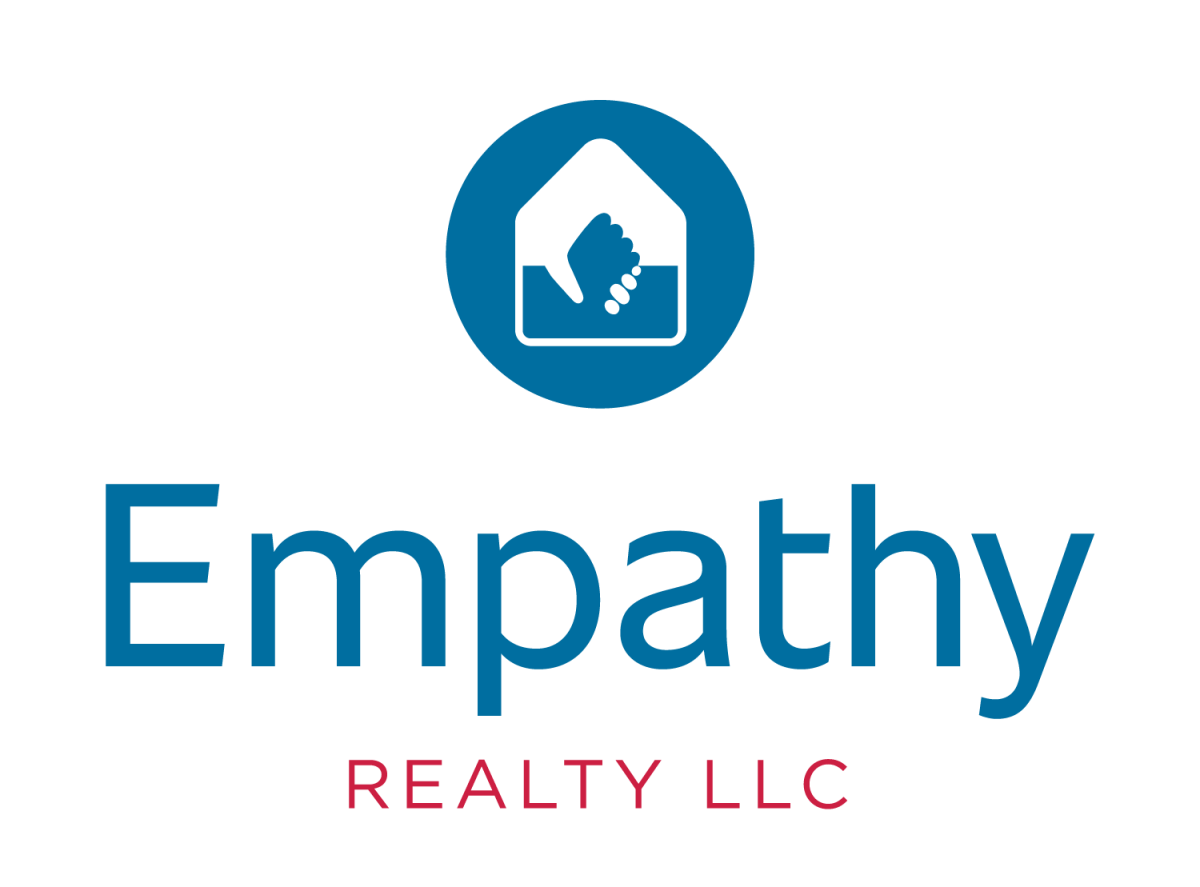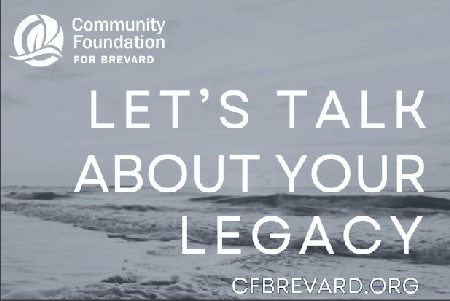Summer jobs: Working for large corporations vs. local businesses
May 22, 2023
At Game Over Retro Arcade and Bar, employees make and learn from mistakes, not with embarrassment, but with pride. Junior Jacob Woods, assistant manager of Game Over said there is a tradition shared between workers known as the “Oops Award.”
“If someone messes up, you take a photo of the person panicking while trying to fix it, then help them out … then you post [the photo] in the work group chat we all have and that person is the holder of the ‘Oops Award,’” he said. “Then it was turned into an actual statue we had gotten made for us where the person holds it in the photo with pride.”
Along with having a work group chat, Woods said there is a sense of family that comes with a small workforce at Game Over.
“We only have 14 people that work with us and that comes with knowing everyone, having a shift with everyone, and having good conversations with them,” he said.
While Woods works at a small business, junior Ian Giguere works as a cashier at Publix. He said working with larger workforce can make things challenging.
“Usually working for a larger company, it’s going to be more difficult to get hours because there are so many employees,” Giguere said.
He also said the large amount of employees can make it difficult to switch departments, due to requirements.
”I can’t [move into a certain department] now because … they had to transfer some women [and some people of color] because it was a requirement from Publix upper level management,” he said. “That’s one of the major downsides. There are some requirements that are a bit annoying.”
Giguere said employees are able to connect closely to the manager but there is still a fine line between the employees and the higher level management.
”Specifically with Publix, I mean they’re all about that — being able to talk with [your manager] and figure out what’s going on,” he said. “But there still is that level of disconnect between the chairman, the C.E.O., and district leaders, and the specific stores, and I think that’s where small businesses capitalize.”
Because he’s been working at Game Over since it opened, Woods said it’s like a second home to him, having grown up as friends with the owners’ children.
“I’ve known this family since I moved to Brevard County, his kids were my first friends and I used to go over to his house every day,” he said. “He already had arcade games and he was building them in his garage.”
Woods said Game Over draws in people from outside of Brevard, as well as regular customers that attend their events.
”We get a lot of diversity, our main regulars from karaoke night and ‘Smash Bros.’ Sunday,” he said. “We’ve had a lot of people come down to visit [from Georgia, Orlando, and Naples.]”
As opposed to video games, food is a necessity that everyone must spend money on, so a grocery store such as Publix attracts “people from all walks of life” which Giguere said he appreciates.
“It’s different people every day,” Giguere said. “It helps me know the ins and outs of the community and see how some people live, how they get by.”
Giguere said the reason he chose to work and remains working at Publix is because it gives him a chance to help his community. Woods said his reason for remaining at Game Over is to help his second family.
“I’ve known the family that built the establishment and I helped build it,” he said. “The reason I keep coming back is because I want I want to see this place thrive and grow … genuinely.”
By Zachary Johnson









































